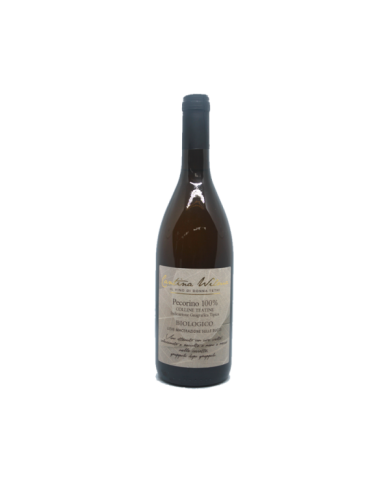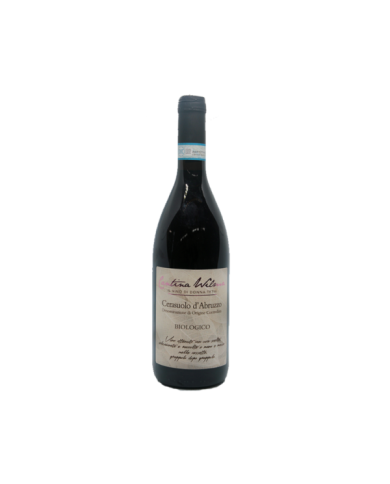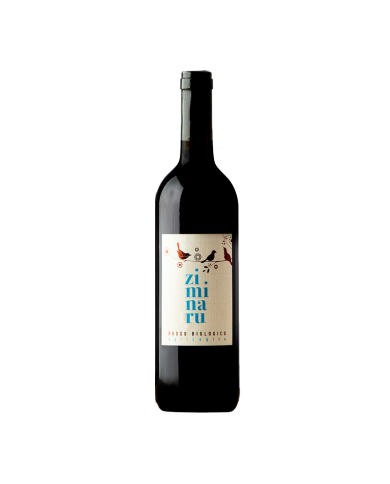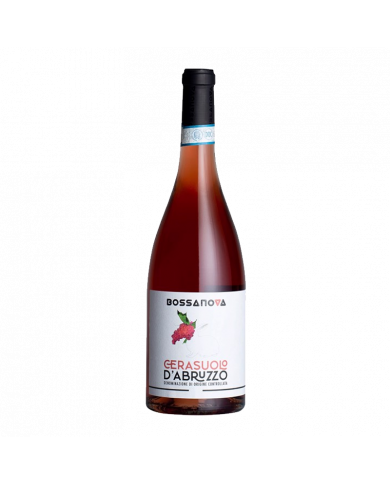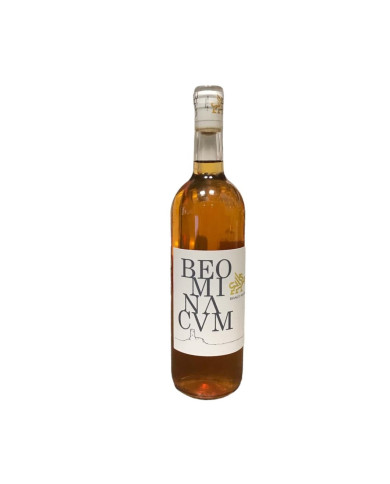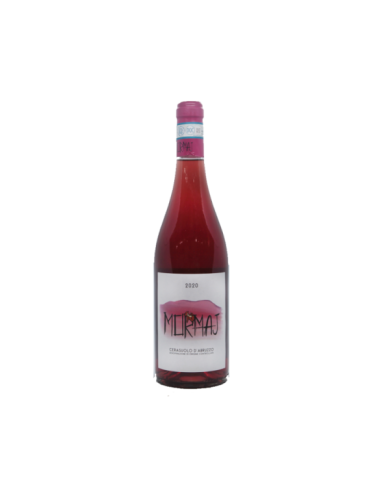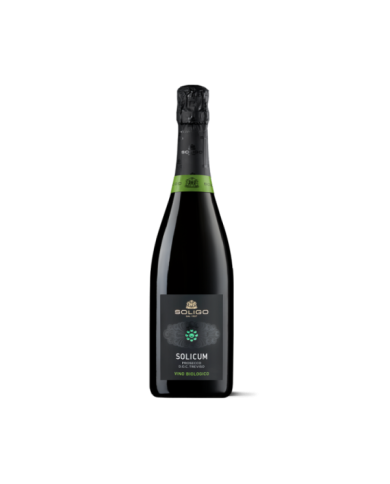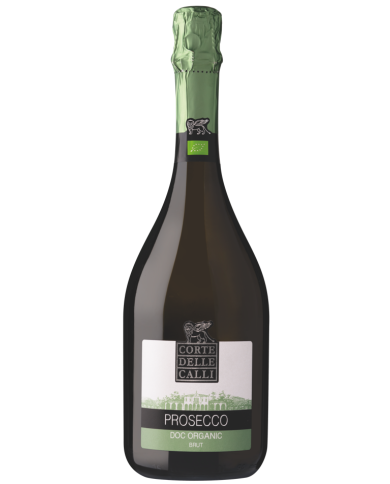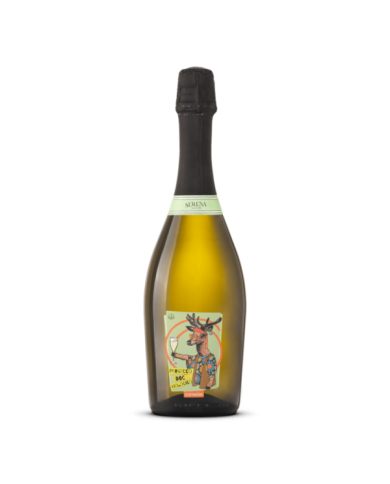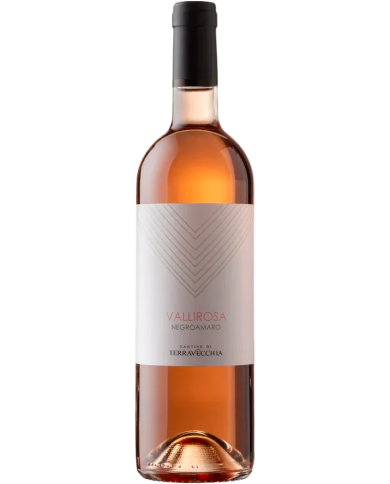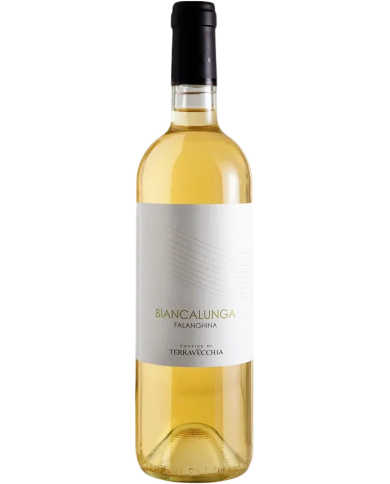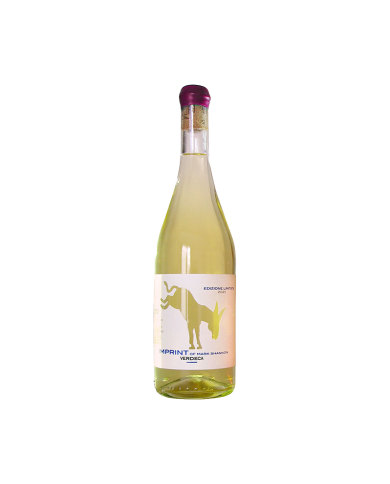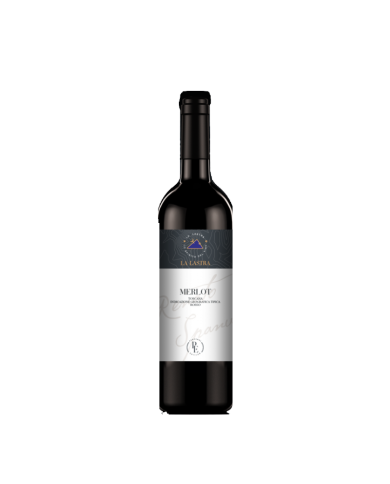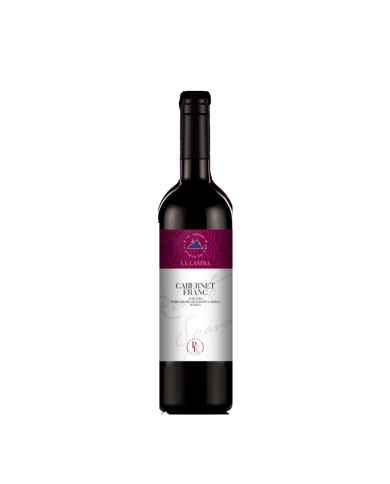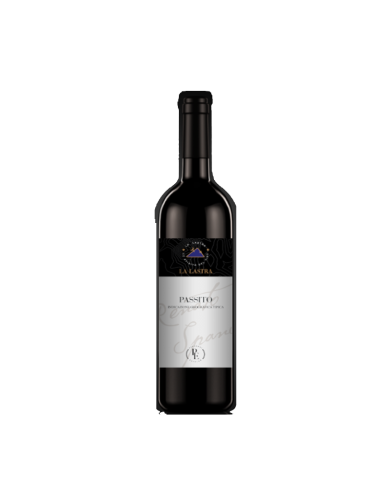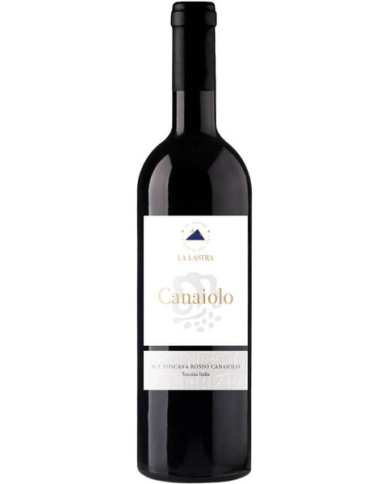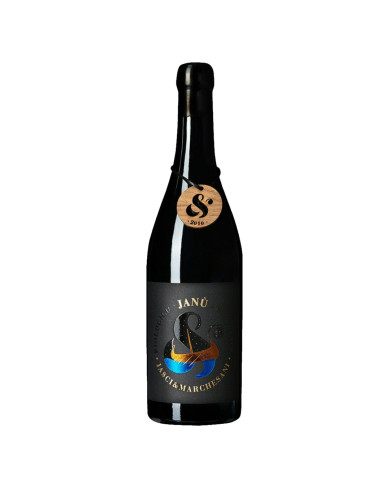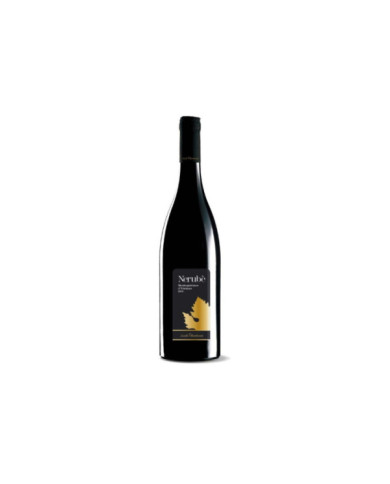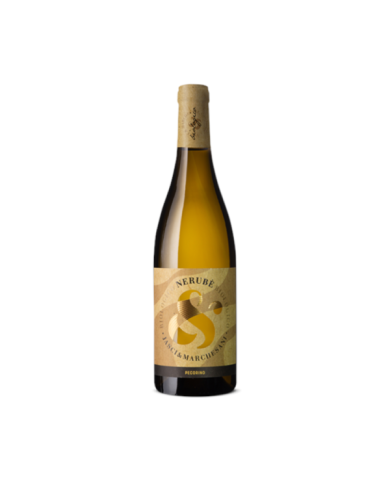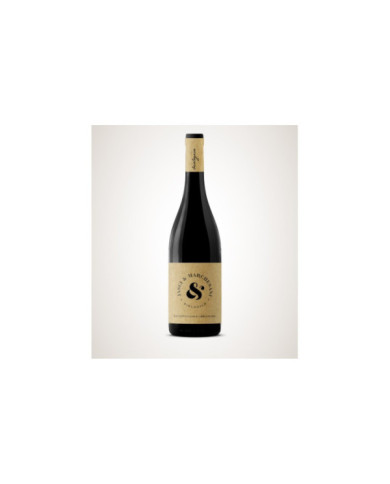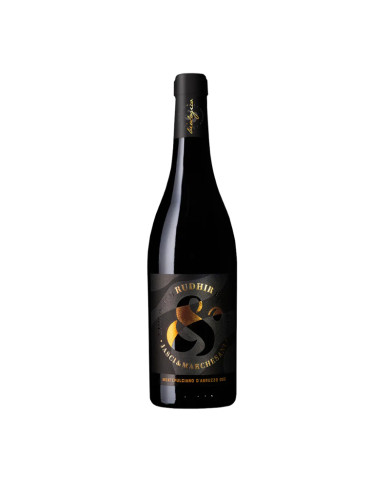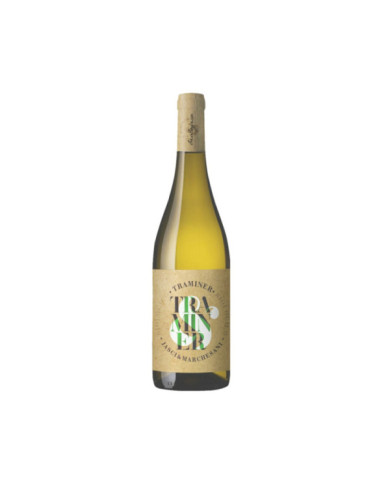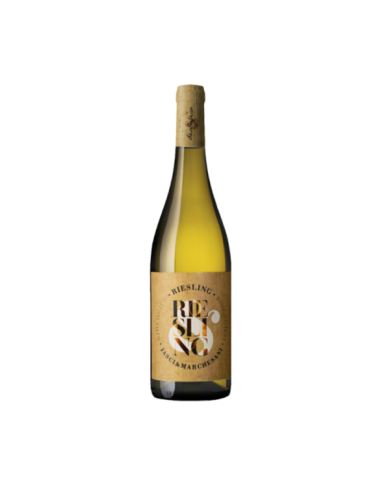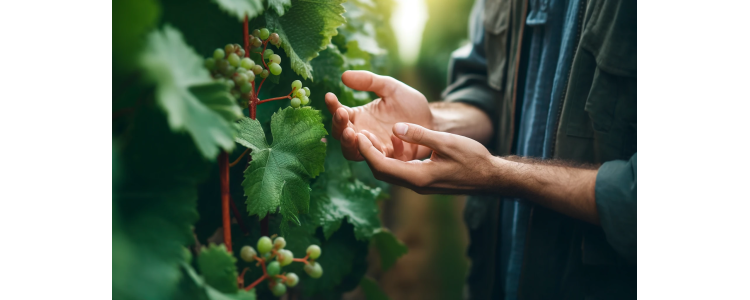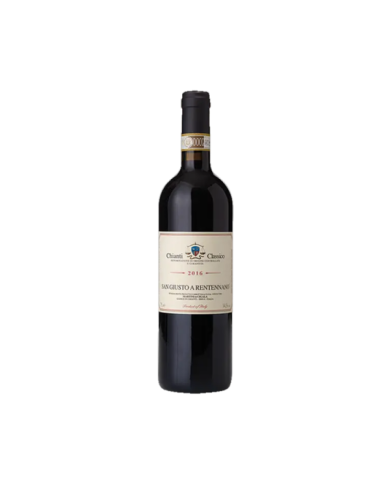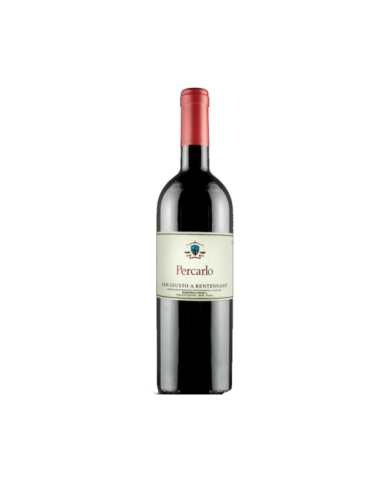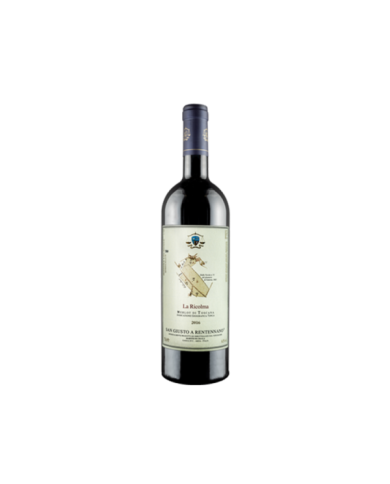Vine rediscovered a few years ago, widespread throughout the Abruzzo region. The name "pecorino" is given by the sheep's face shape of the bunch and by the fact that when the shepherds passed through during the transhumance, the sheep stopped to graze the leaves of this vine. Cantina Wilma obtains its wine from the "Pecorino" vine with low-row plantings on sandy calcareous soil. Appearance of yellow color, excellent fruity bouquet. The flavor is harmonious and of good quality. Ideal with all seafood cuisine, it also goes well with appetizers and delicate main courses.
Obtained from native grapes and selected in the harvest. Appearance of intense cherry color with pink reflections. On the palate it is fruity with notes of black cherry and cherry. Pairings: throughout the meal.
The members of AGRILOGICA cultivate vineyards, olive groves and vegetable gardens in Sardinia with organic methods, respecting the land and European regulations.
The Cerasuolo d'Abruzzo di Bossanova is a refreshing and tonic Abruzzo ros├® wine made from Montepulciano grapes, aged in concrete tanks for 8 months. It is colored with a delicate cherry pink and expresses floral and fruity notes of currant and wild strawberries, raspberries and Mediterranean aromatic herbs on the nose, while the sip is agile and fresh, with an excellent saline persistence.
In our cellar, between the MORrone and MAJella mountains MORMAJ is born, a ros├® wine obtained by spontaneous fermentation, not clarified, is aged in steel tanks. Any deposits on the bottom do not constitute a defect in the wine and do not alter its taste.
Mark is a winemaker and comes from California. I, Helvetia, am Friulian. We met in Sicily in 1997. In 1998 Mark proposed that I visit Puglia to see the old Primitivo vineyards. According to studies by the University of Davis in California Primitivo and Californian Zinfandel are genetically identical.
When we took over our small company close to the city of Siena twenty years ago, in the first place we replanted a large part of the vineyards and, on the occasion, above all out of curiosity and a great desire for knowledge and experimentation, we introduced into our viticultural heritage proudly Tuscan, even a very modest quantity of Merlot vines. Since this very small vineyard has reached a good physiological maturity we vinify it in purity and we mature it in a French oak tonneau. The result is a wine of excellence, truly particular and intriguing that we offer, given the small and non-reproducible quantity, in our Personal Edition.
When we took over our small company twenty years ago near the city of Siena, in addition to a very small plot of Merlot, we planted 7 rows of Cabernet Franc. The first in Tuscany, not to be different, but because by studying our terroir we realized that it had those characteristics whereby the Cabernet Franc grapes, if properly ripened and well vinified and aged, could offer us a wine that is not for everyone , but exciting and strongly character. The first years of production disappointed our expectations, a wine that was too herbaceous and tannic but, from the tenth harvest, when the plants reached their physiological maturity, here was the big surprise: a fruity wine where the raspberry replaced the herbaceous, thick, intense and almost moving. Given the very small quantity that we are able to produce, it has rightfully become part of the wines of our Personal Edition.
Lo Jan├╣ is the top of the range of Montepulcianos of the company. Hand harvesting of the grapes, maceration on the skins for 25 days, vinification in red and aging in double new barrique for 8 months + 8 months. Compact and deep goblet, of a beautiful ruby red. The olfactory reveals an incredible complexity, ranging from hints of dark fruit in alcohol, to toasted notes that recall hazelnuts, to slightly vanilla scents, to beautiful sensations of tobacco and dark chocolate. The sip is full and enveloping, long, pleasantly balanced. Closing on notes of bitter chocolate.
Pecorino is an extremely representative white grape variety for Abruzzo, and Jasci & Marchesani manages to give us a beautiful expression. Hand picked, vinification in white and aging for 6 months in steel vats and bottle.
Captivating ruby red, characteristic fruity aromas with hints of vanilla, balsamic vinegar and black olive. Full bodied, powerful, yet very balanced with flavors of mulberry, currant, dark chocolate and a long smoky finish.
Rudhir is another masterpiece of the Jasci & Marchesani winery which, year after year, proves to be a "Master Cave" for Montepulciano d'Abruzzo. Thanks to Rudhir you go to savor a charismatic, fragrant and intense wine from every point of view. When the word masterpiece is used for a Jasci & Marchesani product, it is not an exaggeration; each bottle is an artistic, pure and sensational brushstroke, which in every sip strikes the soul and heart with the typical scents of the mother vine and those small nuances deriving from the various woods of the barrels. The Rudhir vinifies for 18 months in oak barriques and ends its journey after a further two years in the bottle, before being marketed therefore, explosions of flavours, aromas and aromas are the order of the day with a bottle of this bill. His warm and welcoming heart is a "trademark" and is capable of generating an approving smile even on the face of a drinker with a difficult palate.
Taste the Authenticity of Natural Wines!
Natural wines are an increasingly popular choice among consumers, offering a unique and authentic taste experience. If you're looking to learn more about natural wines and how to try them, you've come to the right place. In this article we will look at what natural wines are, how they are made, and how they can best be savored.
What is a Natural Wine?
A natural wine is a wine produced without the use of additives, pesticides or other chemicals. Natural wines are produced only with grapes, water and yeast, and are produced in a way that best preserves the natural taste of the grape. They are also generally produced in small quantities which means that each bottle of natural wine is unique and offers a unique tasting experience.
How Are Natural Wines Made?
Natural wines are produced using grapes, water and yeast. The production process is very different from that used to produce conventional wines. The first thing to know is that natural winemakers do not use additives, pesticides or other chemicals. Instead, they try to work with the grape in order to best preserve its natural flavor, carefully choosing the plants and carefully tending the vines.
Once the grapes have been harvested, they are macerated for 12-14 days at a controlled temperature. This leads to a greater extraction of aromas and flavors which give the wine its rich complexity. The wine is then fermented in wooden barrels or concrete vats. This fermentation process is slow and can last from two to six months. Fermentation in wooden barrels gives the wine added complexity, while fermentation in concrete vats gives the wine greater freshness.
How to Taste a Natural Wine?
Savoring a natural wine is a unique experience that offers a rich complexity of aromas and flavours. To better enjoy a natural wine, it is important to prepare the glass properly. The glass should be rinsed with warm water and dried with a soft cloth to remove any chemical residue. Therefore, the glass should be filled up to half with wine to get a good oxygenation.
Once ready, take a sip of the wine and savor it slowly. Savor the color, aroma, taste and texture of the wine. Try to get all the aromas and flavors of grapes, like fruit, grass, hay, chocolate and so on. Also taste the complexity of the wine, feeling how the aromas and flavors evolve over time.
Conclusion
Natural wines are a great choice for those looking for an authentic and unique tasting experience. They are produced without the use of additives, pesticides or other chemicals, and are produced in a way that best preserves the natural taste of the grape. As we have seen, natural wines are produced with grapes, water and yeast, and are fermented slowly. To best enjoy a natural wine, it is important to prepare the glass properly and taste slowly, trying to capture all the aromas and flavours, and savoring the complexity of the wine. If you are looking for an authentic and unique tasting experience, try a natural wine!

